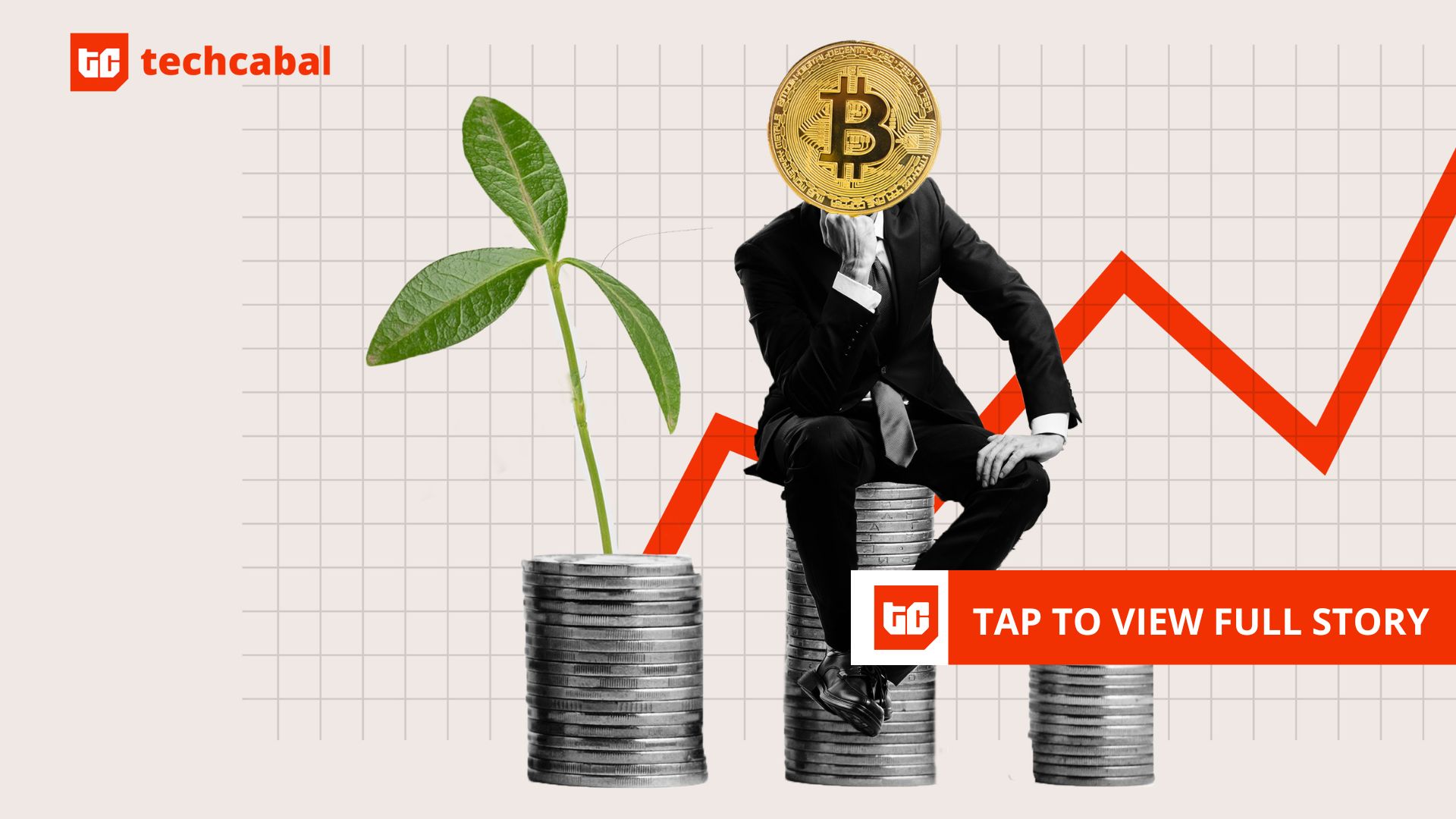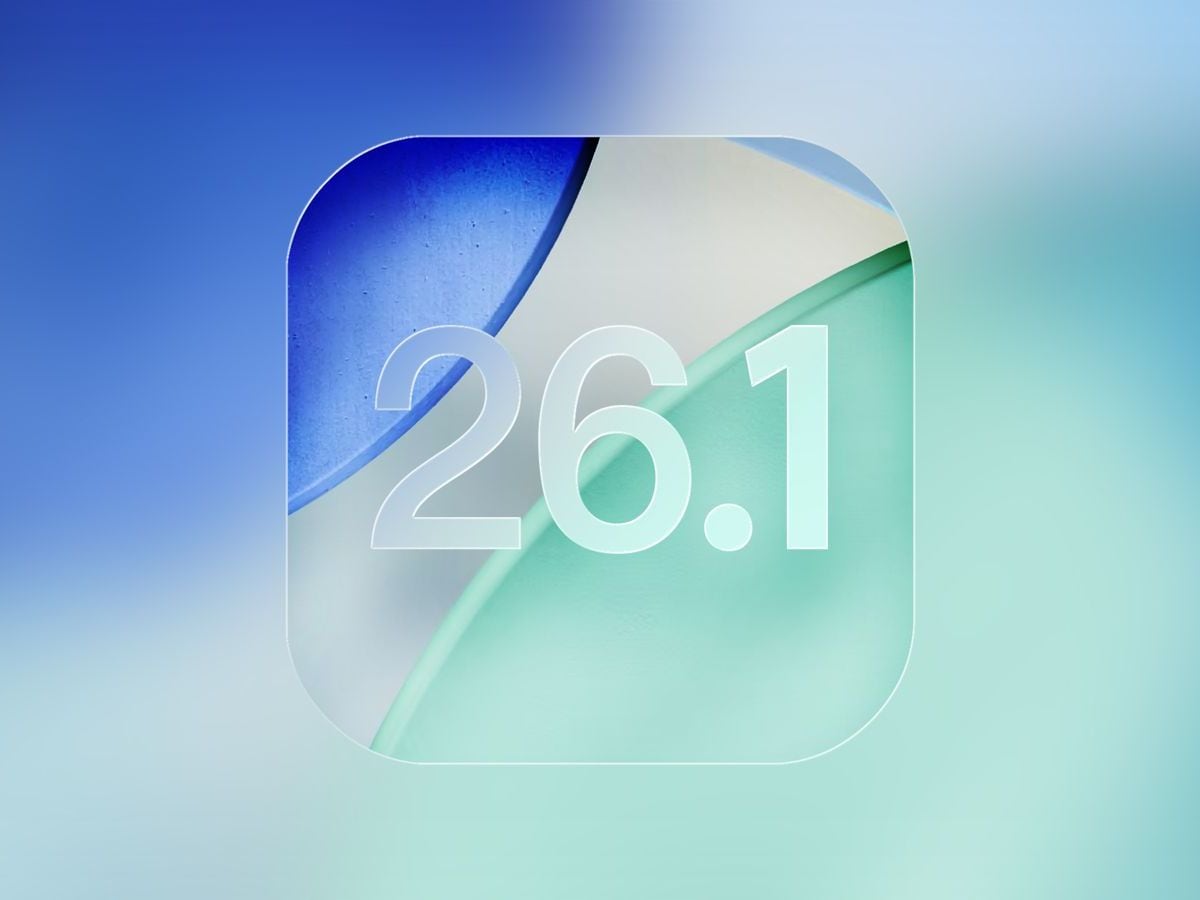Nigeria’s crypto market, once dominated by speculation and short-term trading, has evolved into an ecosystem of small-scale savers and long-term investors. Fewer Nigerians are speculating on digital assets, and millions of them are investing and using them to preserve value in an economy where inflation routinely erodes savings. This is according to “The State of Crypto Adoption in Nigeria 2025” report by Quidax, a Nigerian crypto startup, and IFS Insights, a global research firm.
The report, based on a survey of 1,850 respondents and proprietary data from Quidax, records that 26.3 million Nigerians now hold or use cryptocurrencies, transacting $57.1 billion between July 2024 and June 2025. About two-third (67%) of these crypto users identify as savers or investors, with more than half of this group primarily motivated to hold digital assets for profit. A further 18.4% are pragmatic users, while only 14.4% actively speculate or trade crypto.
43% of Nigerian crypto users are students, 85% earn less than ₦250,000 ($171) per month, and the median monthly gain from crypto investment is just $103, according to the report. Fewer than 3% make over $500 in monthly gains. The numbers underscore a market driven less by speculation than by necessity: Nigerians are turning to crypto to protect their savings from inflation, currency swings, and banking fees. “My use of crypto has evolved from being just about making money to saving, beating inflation, and investing,” one respondent said in the report.
This shows that Nigerians dominantly buy digital assets to make gains and use them as savings and payment tools, rather than to speculate on the markets. It creates a difficult problem for regulators, who have classified crypto as securities and applied capital-market-style rules—yet to align with nuanced use cases—requiring operators to disclose asset reserves, conduct routine audits, and maintain a minimum paid-up capital of ₦1 billion ($700,000), according to the Nigerian Securities and Exchange Commission (SEC)’s proposal.
As more Nigerians use crypto to save and invest, it could influence how regulators prioritise enforcement and policy within the digital assets space, particularly around investor protection standards and market access.
Regulation out of step with use
In March 2025, Nigeria formally recognised digital assets as securities under the Investment and Securities Act (ISA), bringing them under the supervision of the SEC. The Central Bank of Nigeria (CBN) later updated its guidelines allowing banks to engage with licenced Virtual Asset Service Providers (VASPs), reversing the 2021 banking ban. The aim was harmonisation, not restriction: regulators sought to provide clarity while enabling market growth.
Yet the legal framework is structured for capital markets, not everyday savers. SEC rules emphasise registration, disclosure, and custody audits, while the CBN’s guidance focuses on safe integration with the banking system.
Yet, at the centre of the debate is the ₦1 billion ($1.2 million) capital requirement imposed on VASPs, a threshold initially framed as a consumer protection measure but now widely viewed as a structural barrier.
The SEC’s approach treats crypto operators as securities-market participants, holding them to the same standards as brokers and fund managers under the Investment and Securities Act. While the rule was designed to promote stability and safeguard investor funds, it will price many smaller crypto exchanges out of the market.
The survey data from Quidax and IFS show the tension. Over 40% of Nigerian crypto users feel regulation is restrictive, even as many call for clearer guidance and simpler rules to support adoption. The preference for centralised, regulated exchanges is strong: 42.5% cite security and ease of use as the main reason they favour these platforms, and 21.7% of the surveyed respondents list platform safety as their top concern. However, foreign firms dominate Nigeria’s crypto market, leaving local startups struggling to compete.
Lawmakers and industry groups are pushing back. The House of Representatives’ Ad-Hoc Committee on Digital Assets has urged the SEC to review the ₦1 billion ($700,000) benchmark, calling it outdated and too focused on capital markets. They argue that regulation should reflect the range of crypto use, from remittances to savings, instead of treating every user as a securities trader.
“We have been entrusted with a task of national significance,” Hon Olufemi Bamisile, chairman of the Ad-Hoc committee on digital assets, told Arise News on October 7. “To review the economic, regulatory, and security implications of cryptocurrency adoption and Point-of-Sale operations in Nigeria.”
The ad-hoc committee was set up with a one-year shelf life to draft crypto bills that will eventually become law, as Nigeria seeks harmonisation across its multi-agency regulatory regime.
The hard line between investments and consumer finance
The Nigerian crypto market is now primarily about preservation rather than speculation. Users monitor FX rates and regularly convert Naira to stablecoins to protect their purchasing power from inflation, with crypto transactions serving more as personal savings and financial payments tools than as quick-profit investments.
For instance, the majority of retail users earned modest returns in 2025, according to the report, indicating that Nigerian crypto participation is about security and value retention rather than gambling for large gains.
Current regulations—particularly under the new Investments and Securities Act (ISA) 2025—reflect the assumption that most participants are sophisticated investors seeking speculative yields. This approach can hurt retail users by requiring burdensome disclosures, enforcing high compliance costs, and even delisting certain utilitarian tokens, making it harder for everyday people to conduct safe and routine financial activities.
Nigeria’s uneven market reality calls for a risk-based, consumer-protective regime that treats crypto less as an investment asset and more as a consumer finance tool.
If crypto operators were supervised like fintechs or digital banks under the CBN’s payments framework, the focus would shift toward a “risk-based flexibility” that prioritises operational safety, fraud prevention, and consumer protection rather than a one-size-fits-all capital market disclosure.
Yet the conundrum remains. More Nigerians are investing in crypto as a yield-generating asset while also using it to save, blurring the line between speculation and preservation. This duality makes regulation complex: it is both an investment product and a financial utility.
The report suggests that regulators should adapt their oversight to actual market behaviour. It predicts that by 2027, a two-track system could emerge, with the SEC supervising securities-linked tokens, while the CBN turns its focus toward payment-focused digital assets, such as stablecoins. Such a model could reduce friction, expand access, and protect users without stifling innovation.









